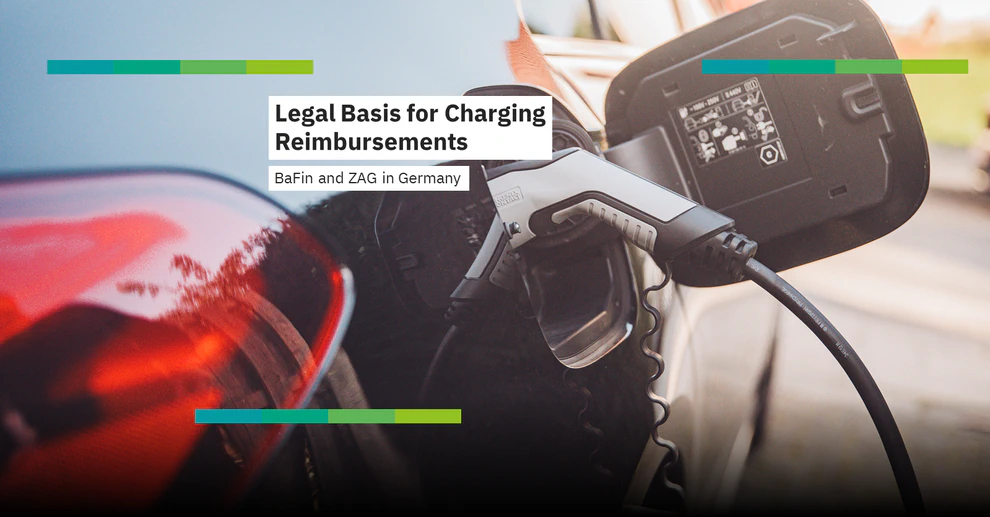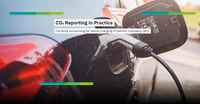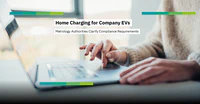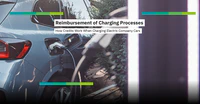Germany is known for regulating processes and enacting laws, including in the field of electromobility. With the increasing spread of electric company cars, companies face new challenges in billing charging costs. In addition to technical implementation, legal and regulatory requirements must also be met. In this article, we examine the role of BaFin and the Payment Services Supervision Act (ZAG) in billing and especially in reimbursing home charging processes for electric company cars and highlight what companies need to consider.
Reimbursement of Expenses for Home Charging
Anyone who charges their electric company car at home uses their private house connection and thus advances the energy costs. This constitutes an expense for the company. Since in most cases all operating resources (including electricity) are borne by the company through the 0.5% taxation in Germany, the employee is entitled to reimbursement of their expense tax-free. The company must therefore establish processes to record the charged electricity, i.e., the amount of the expense, and then reimburse it to the driver in a legally compliant manner.
Legally Compliant Recording of Charging Data
The first step for a Charge@Home service is the legally compliant recording of charging data through connection to the wallbox. This data forms the basis for cost reimbursement to employees. Calibration law plays a major role here; you can find more information on this topic in our blog post: Calibration Law in the Charge@Home sector.
Download our charge@home Guide now!
Our guide highlights the requirements for a home charging solution and explains what is needed to use it for legally compliant billing of company cars. Learn more about the installation of wallboxes, legal frameworks, and efficient billing solutions for home charging.
REQUEST GUIDE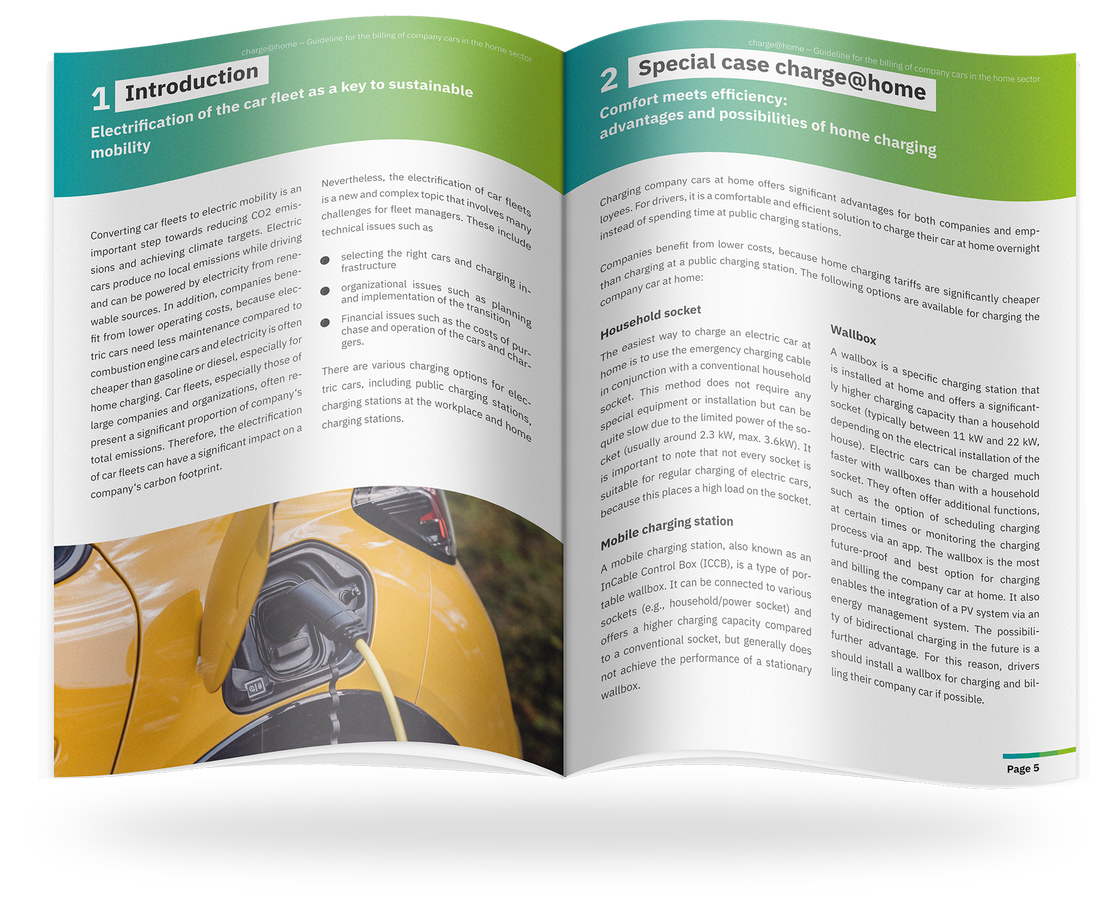
Options for Cost Reimbursement
There are various ways to reimburse incurred costs:
- Internal Processes: Some companies use internal systems such as travel expense accounting or payroll accounting. The driver usually creates a self-receipt based on a non-calibrated measurement from the vehicle. The expenses are then reimbursed tax-free. You can find everything about taxes in this blog post: Tax Advantages of Electric Company Cars in Germany.
- Service Providers: Companies can commission external service providers to record and provide the relevant charging data of electric company cars. These specialized professionals provide systems and technologies to record, process, and forward the charging data from wallboxes to the company. The payout is then usually made as a payroll item via HR payroll.
Automated Payout Systems
Automated systems for recording charging data and reimbursement offer an efficient solution for processing payouts. They significantly reduce the workload for HR employees and accounting staff. If the payout is automated through an external service provider, BaFin regulations and the Payment Services Supervision Act (ZAG) must be observed. It is important to understand that whenever funds leave the company to make a payout, this must be legally secured. If the reimbursement of the charged electricity for electric company cars is made directly by the company, BaFin and ZAG are not relevant.

BaFin Regulations and Payment Services Supervision Act (ZAG) in Germany
To make payouts on behalf of companies, an external service provider requires a BaFin license. Compliance with the regulations of the Payment Services Supervision Act (ZAG) by the service provider is essential to avoid legal issues.
BaFin Regulations
BaFin (Federal Financial Supervisory Authority) is the central supervisory authority for the financial market in Germany. It oversees banks, insurance companies, and securities trading to ensure the stability and integrity of the financial system.
Payment Services Supervision Act (ZAG)
The Payment Services Supervision Act (ZAG) is a German law that regulates the supervision of payment services and e-money transactions. It sets the legal framework under which payment service providers and e-money institutions may operate in Germany.
Key Points of ZAG in Germany
- Licensing Requirement: Service providers offering payment services or issuing e-money require a BaFin license. This license ensures that companies meet legal requirements and are under BaFin supervision.
- Security Requirements: The law specifies how customer funds must be secured to prevent losses in the event of the payment service provider’s insolvency.
- Data Protection: There are specific data protection requirements to ensure that customers’ personal data is protected.
- Transparency and Information Obligations: Payment service providers must comprehensively inform their customers about the services offered, fees, and customer rights.
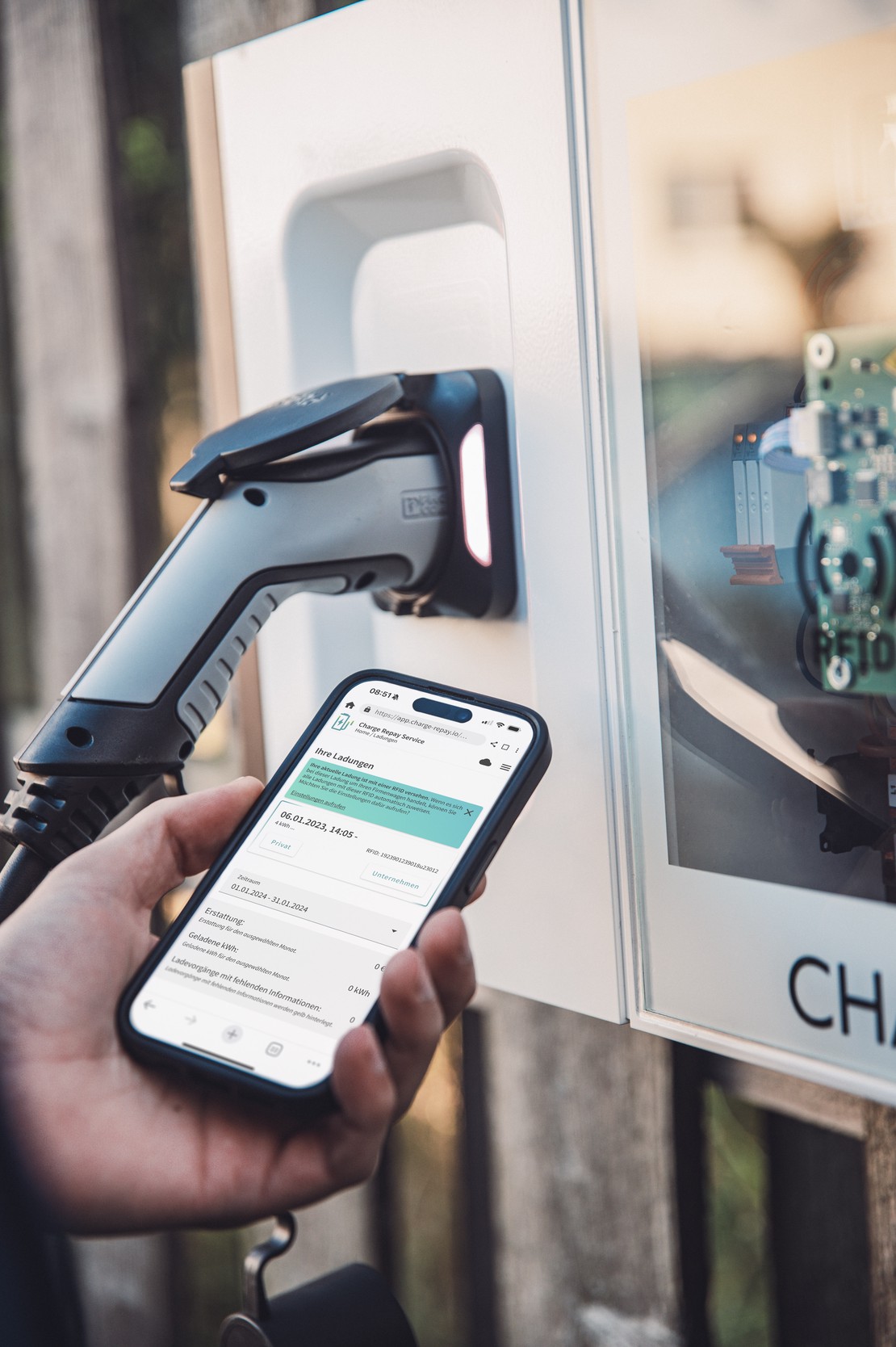
BaFin and ZAG in Relation to the Charge Repay Service
The Charge Repay Service enables the charging of company cars at home wallboxes. Any wallbox can be enabled for calibration-compliant billing through the service. With the Charge Repay Service, it is not only possible to record the charging legally but also to carry out a legally compliant payout. In cooperation with partner organizations, legally compliant recording, billing, and payout are ensured, of course in compliance with BaFin and the Payment Services Supervision Act (ZAG).
Conclusion
Compliance with BaFin regulations and the Payment Services Supervision Act (ZAG) is crucial for the automated, legally secure processing of charging cost reimbursements for electric company cars. External payment service providers must ensure that all legal requirements are met to operate as payment service providers. Automated systems offer an efficient solution to optimize the process for companies while complying with legal requirements.
